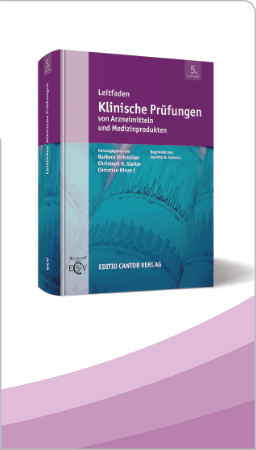Design of Experiments (DoE)
Disperse Systeme
Ethoxylierte Emulgatoren
Failure Mode and Effects Analysis (FMEA)
Ishikawa-Methode
Phaseninversionstemperatur (PIT)
Systematische Untersuchung zur Prozessvalidierung ethoxylathaltiger Emulsionssysteme
Originale
Abstract
Systematic Investigations on Process Validation of Ethoxylate-based Emulsions
The appearance and quality of an emulsion is mainly dependent on the temperature and the sequence of the phase combination.
It is well known that with formulations basing on ethoxylated emulsifiers two different dispersed systems like a highly viscous emulsion (“cream”) below the phase inversion temperature (PIT) and a lowly viscous emulsion (“lotion”) above PIT are producible in extreme cases.
To create a reliable and robust production process for both dispersed systems, investigations were performed within two series of experiments to identify the relevant process parameters and to define their corresponding process settings. For these investigations “Ishikawa-Method”, “Failure Mode and Effects Analysis” (FMEA), and “Design of Experiments” (DoE) were used.
As output variables which may have an influence on the product quality the “viscosity”, “spreadability” and “consistency” of the emulsions have been investigated.
The identification of critical process parameters and the definition of optimised process settings regarding the previously selected output variables were finished successfully for both dispersed systems.
Korrespondenz:
Prof. Dr. Gerd Kutz, Pharmaceutical Engineering, HS Ostwestfalen-Lippe, University of Applied Sciences, Georg-Weerth-Str. 20, 32756 Detmold, Germany, e-mail: gerd.kutz@hs-owl.de
Key Words
Zusammenfassung
Die Qualität einer Emulsion ist davon abhängig, welche Temperatur bei der Herstellung herrscht und in welcher Reihenfolge die verwendeten
Schließen Sie hier ein Abonnement ab und profitieren Sie von den vielseitigen Nutzungsmöglichkeiten.




